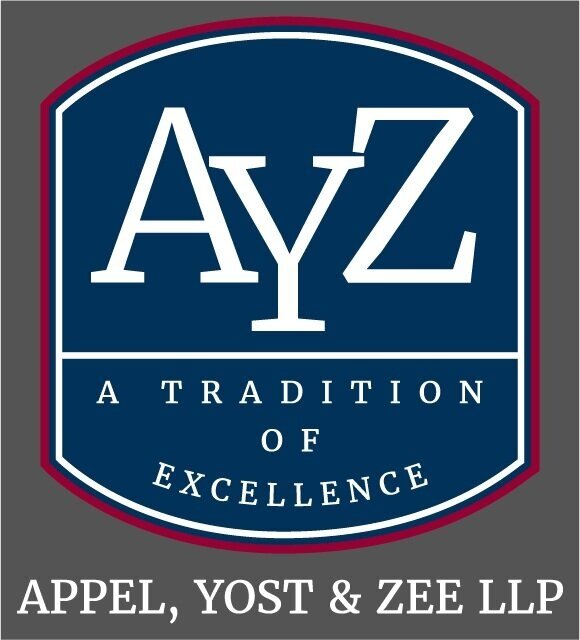Employee's Right to Union Representative Expanded by Commonwealth Court
By Michael W. Lewis
February 1, 2024
On January 18, 2024, a unanimous panel of the Pennsylvania Commonwealth Court held that a union representative may request a private caucus or meeting with an employee during an investigative interview, and that the employer’s denial of such a request was in violation of the Pennsylvania Employee Relations Act (“PERA” or “Act 195”). In the case, Department of Corrections v. Pa. Labor Relations Board, the Court’s panel effectively expanded the scope of the employee’s Weingarten Rights to have a union representative present at an investigative interview and how that right can be requested. Weingarten Rights are the result of the Supreme Court’s decision in National Labor Relations Board v. Weingarten, Inc. in 1975. Pennsylvania courts have adopted the Weingarten rule in the PERA context. Moreover, courts have extended Weingarten beyond simply an employee’s right to a union representative at an investigatory interview. For example, in Commonwealth v. Pa. Labor Relations Board (Pa. Commw. Ct. 2003), the court held that an employee’s Weingarten rights include the right to consult with the representative before answering a question “when a significant question is asked such as one that could result in the discipline of the employee or when the question asked may be interpreted in more than one way.”
Weingarten contains sweeping language supporting the right to union representation and participation in employer interviews. The Weingarten Court held that it was a serious violation of the employee’s individual rights if the employer denies the employee’s requests the assistance of their representative and compels the employee to appear unassisted at an interview that could put their job security in jeopardy.
The union representative effectively safeguards not only the particular employee’s interest with their presence and participation, but also the interests of the entire bargaining unit by exercising vigilance to make certain that the employer does not initiate or continue a practice unjustly. The representative’s presence serves as assurance to other employees in the bargaining unit that they can obtain protection in the event that they are also called to attend a similar interview.
But, the Weingarten court seemed to limit the right only to situations where the employee requested representation at a private caucus.
To the Court in Department of Corrections, union representative is indispensable to an unrepresented employee who may otherwise be led by fear or ignorance to fail to protect their own rights. The Court stated that requiring such a representative to stand mute when the employee’s rights should be asserted has the same effect as denying representation altogether. As a result, Department of Corrections held that a Weingarten representative has the right to request a private caucus with an employee to the same extent that the employee himself can make such a request, so long as it is made at appropriate times during the investigative review if the request does not come directly from the employee. Additionally, though Department of Corrections fell under the purview of PERA, the rationale can applied to private sector employers, which are subject to the National Labor Relations Act (NLRA).
Department of Corrections will directly and immediately impact government employers with unionized workers. When conducting an investigative interview at which a union representative is present, employers should expect a representative to request one or more private caucuses during the interview. Nevertheless, an employee’s or representative’s right to request a private caucus is not absolute and, as the court held, may be made only at appropriate times during the interview, such as where the subject matter of the interview shifts to a new issue that could result in additional discipline. Despite the evolutional approach courts have taken in interpreting and applying labor law in changing employment climates, an employee or representative may not intentionally utilize the private caucus as a stall tactic or to otherwise interfere with the interview process.
As mentioned, although Department of Corrections was decided under the PERA, the court’s analysis could apply under the NLRA. As a result, private sector employers with unionized workforces should prepare for the utilization of Weingarten representatives at private caucuses during investigative interviews.
